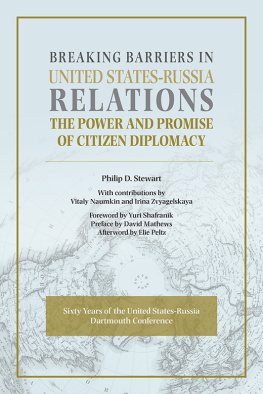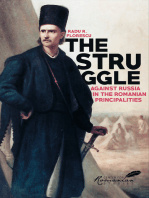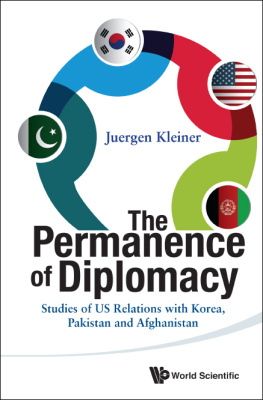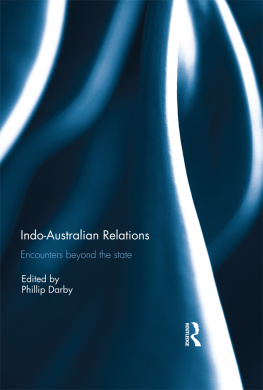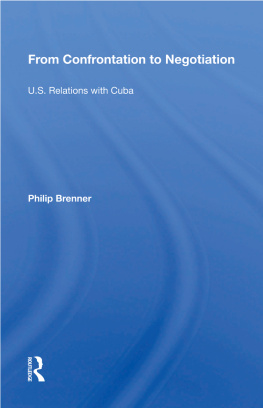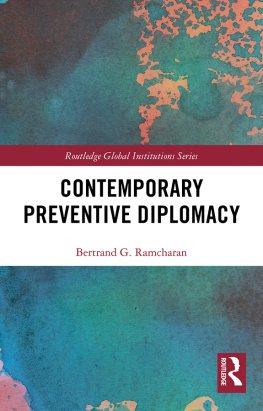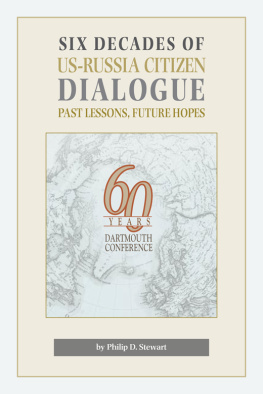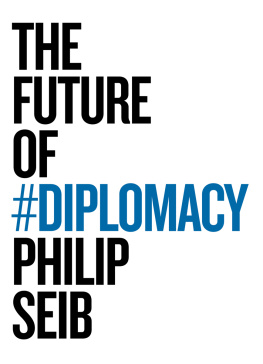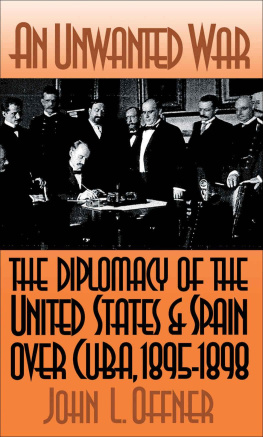BREAKING BARRIERS IN
UNITED STATES-RUSSIA
RELATIONS
THE POWER AND PROMISE
OF CITIZEN DIPLOMACY
________________________________________________________
Philip D. Stewart
With contributions by
Vitaly Naumkin and Irina Zvyagelskaya
Foreword by Yuri Shafranik
Preface by David Mathews
Afterword by Elie Peltz
Sixty Years of the United States-Russia
Dartmouth Conference
Illustrated map of Northern Hemisphere (cover and interior):
I.Pilon/Shutterstock.com
Photo of Fountain and the National Library in Dushanbe, the Capital of Tajikistan (page 81):
iStock.com/Leonid Andronov
2020 by the Kettering Foundation
ALL RIGHTS RESERVED
Breaking Barriers in United States-Russia Relations: The Power and Promise of Citizen Diplomacy is published by Kettering Foundation Press. The interpretations and conclusions contained in this book represent the views of the authors. They do not necessarily reflect the views of the Charles F. Kettering Foundation, its directors, or its officers.
For information about permission to reproduce selections from this book, write to:
Permissions
Kettering Foundation Press
200 Commons Road
Dayton, Ohio 45459
This book is printed on acid-free paper.
First edition, 2020
Manufactured in the United States of America
ISBN: (print) 978-1-945577-41-3
ISBN: (ePDF) 978-1-945577-42-0
ISBN: (ePUB) 978-1-945577-43-7
Library of Congress Control Number: 2020933599
For Yevgeny Primakov and Hal Saunders
CONTENTS
THIS BOOK CAME ABOUT in much the same way that the Dartmouth Conference itself functionsas a collective, Russian-American effort.
On the Russian side, I am grateful to Chairman Nikita Khrushchev for his decision to allow these meetings to begin; to Yuri Arbatov for his decades of leadership and for inspiring me to perfect my Russian language; to Yevgeny Primakov for years of active engagement in Dartmouth and his insistence, against very strong opposition, that Russia is a Western nation and must retain and build its ties with the West, irrespective of the challenges involved; to Vitaly Naumkin and Irina Zvyagelskaya for their written contributions here but especially for their continuing friendship and active, constructive roles in the Dartmouth process over the past thirty-six years. Most importantly, I am grateful to Yuri Shafranik. Without his personal commitment, vision, and energy, the critical role the Dartmouth Conference has come to play since 2014 in US-Russia relations might never have occurred. For Yuris friendship and ongoing collaboration in enabling and sustaining the Dartmouth process under his leadership, I am deeply grateful.
Both this book and the Dartmouth Conference owe an immense debt of gratitude to Norman Cousins, who founded and led Dartmouth, and to Kettering Foundation President and CEO David Mathews. It was David who, at the 40th anniversary of the Dartmouth Conference in Moscow, invited me to return not only to my old role of Dartmouth director, but to a larger role in the Kettering Foundation upon my retirement from the Kellogg company at the end of 2001. It was also David, during one of the regular foundation meetings in 2016, who asked that I write what eventually became this book. Ultimately, the Dartmouth Conference has survived and thrived thanks to the Kettering Foundations long-term commitment to research on how citizens can more effectively work with governments to address problems such as those in US-Russia relations.
In December, 1980, Landrum Bolling and I met with Hal Saunders in his office at the State Department to invite him to lead Dartmouths work on the Middle East. Over the next 36 years, Hal became my mentor and my best friend. His conceptualization of the Dartmouth process as Sustained Dialogue fundamentally reshaped my thinking about conflict transformation and about why and how the Dartmouth Conference achieves its effectiveness. Hals constant support, his openness, and his warmth inspired and sustained me in this work. I am grateful to Elie Peltz for his excellent Afterwordthe first part of this book to be completed! Thanks to John Dedrick for his constant encouragement and support and for his belief in this project. Thanks also to Matt Rojansky for reading a draft and for his friendship and encouragement.
Trained as an academic, I wrote like an academic. For however more readable, more interesting, and more effective my writing in this work may be, all of the credit goes to my wonderful, inspiring, tireless, and patient editor, Maura Casey. To you, Maura, I am eternally grateful. Ive also learned that publishing a coherent, readable text is far from the end. For the work of managing editor Joey Easton, Kettering Foundation publisher Sarah Murphy, and Longs Graphic Design, Inc., I am most grateful.
Finally, I am thankful to my wife, Parsla, for her patience and consistent support for my near-constant travel and endless work days.
_______________________________
THROUGHOUT ITS HISTORY, humanity has increasingly learned how to deal with natural disasters, trying to predict them in order to reduce the negative consequences. However, though natural disasters do not depend on the will of the human race, world wars, local conflicts, and crises are entirely the product of human will and action. Unfortunately, human civilization is still not able to get rid of conflict.
The history of the 20th century provides clear evidence of the imperfection of the international mechanisms created after WWII (the United Nations Security Council, international treaties on disarmament and nuclear non-proliferation, and others) aimed at preventing wars, localizing conflicts, and resolving acute crises that spontaneously arise against the background of interstate or ethno-religious contradictions.
This situation creates a demand for the formation of approaches and mechanisms for responding to conflicts and crises, which are becoming more and more frequent in these turbulent times. These include, first of all, mediation efforts by influential third parties, as well as mechanisms for collective enforcement of peace and various formats of soft power.
The uniqueness of the Dartmouth dialogue as an instrument of public diplomacy to assist the governments of the USSR and the United States in resolving acute conflicts, perhaps, lies in the fact that it was created during the Cuban Missile Crisis, only 15 years after the establishment of the UN Security Council, and is still functioning today. And according to the leaders of both countries, it continues to be an effective tool.
Accepting an offer in 2014 from representatives of Russias highest authorities to lead a dialogue with American colleagues in the military, economic, and humanitarian fields, I was guided by my positive experience as one of the leaders of the successful Russian-American interaction in the framework of the Gore-Chernomyrdin Commission, as well as my continued optimism about the possibility of restoring cooperation with the most important world power, the United States.
And, of course, the burden of responsibility was pressed by the fact that Yevgeny Primakov and Henry Kissinger, unique in world history and universally recognized patriarchs of world politics who joined the club of sages of the United Nations, undertook to patronize the forced resuscitation of Dartmouth at a new dangerous stage of the crisis in Russian-American relations. But I was inspired by the fact that on the American side, the conference was cochaired by the late Harold Saunders, whose memory we cherish. Saunders was an outstanding diplomat, recognized in international political, diplomatic, expert, and academic circles, a former assistant secretary of state, and one of the architects of the Camp David Accords in the Middle East, which radically changed the mosaic of this region. I consider it an honor to meet and work with the current American cochairs, represented by well-known intellectuals of national and international diplomacy and politics: former US Secretary of Health, Education and Welfare David Mathews, and former US ambassador to Russia Jim Collins.


